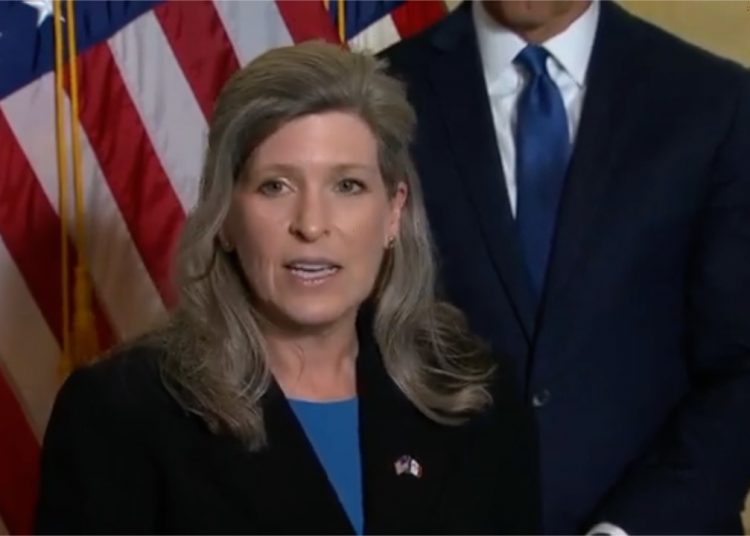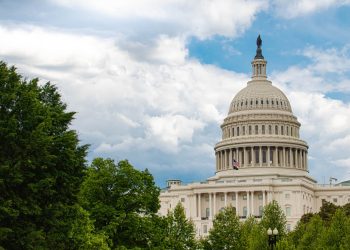U.S. Senator Joni Ernst, R-Iowa, renewed her push to move federal agency headquarters out of “swampy” Washington, D.C. and closer to the people most impacted by the agencies’ decisions. Ernst is partnered with U.S. Rep. Bill Johnson, R-Ohio, on bicameral legislation called the SWAMP Act that would move the federal bureaucracy out of the Beltway and closer to the communities and stakeholders they serve.
“Iowans may not even realize it, but so many of the critical decisions within our nation’s federal government—which impact the lives of folks across the country—are made by unelected bureaucrats with headquarters almost exclusively concentrated in and around Washington,” Ernst said. “How could people living inside the D.C. Beltway bubble possibly know what’s best for the more than 320 million Americans who don’t? It’s about time we move these federal agencies out of swampy Washington, D.C. and closer to the people who know the needs of their states, farms, and community businesses best.”
“Washington, DC’s swampy culture insulates career bureaucrats and political elites from the American people, who pay their salaries. It’s this complete lack of empathy for the plight of the average American family and small business owner that keeps the swamp alive and growing. That’s why I’ve introduced the SWAMP Act in the House. It’s time to enable other cities, if they choose, to house federal government agencies to ensure that isolated, unelected career bureaucrats can begin immersing into the American fabric and living among the people they’ve pledged to serve. It’s time to drain the swamp,” Johnson said.
The Strategic Withdrawal of Agencies for Meaningful Placement—or SWAMP—Act aims to distribute agency headquarters over geographically diverse areas of the nation to help ensure agencies focus on the stakeholders most impacted by their decisions, and not on the whims of the Washington bureaucracy, while also bringing good, stable jobs to new parts of the country.
Currently, the headquarters of nearly all executive branch agencies are clustered in and around Washington, D.C., concentrating hundreds of thousands of jobs in the region. This legislation creates a competitive bidding process that allows states, cities, and towns across the country to compete to be an agency’s new home.
















